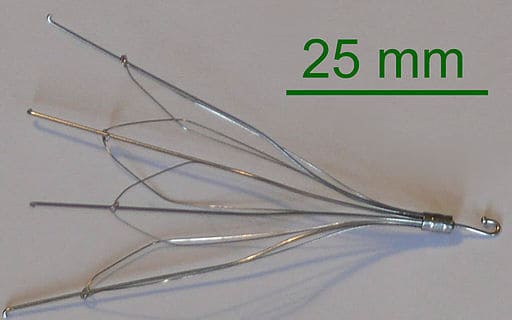The first federal bellwether trial in the cluster of C.R. Bard IVC filter lawsuits will convene in March. The U.S. District Court, District of Arizona, issued an order on February 12th that states the trial will be conducted in two phases.
The first phase of the trial will determine compensatory damages, liability and whether the plaintiff will be entitled to punitive damages. The second phase of the trial, if necessary, will focus on the amount of punitive damages, if any, that the plaintiff should be awarded.
There are currently more than 3,500 lawsuits pending against C.R. Bard over the company’s retrievable IVC filters. The filters are implanted in the inferior vena cava and are designed to catch blood clots before they reach the lungs or heart. The devices are meant to be removed once the threat of pulmonary embolism has passed.
In 2010, the FDA received more than 900 reports of complications related to IVC filters. In more than 300 of the cases, the filter had migrated from its implanted position. There were more than 140 reports of embolization, 70 reports of perforation and 50 reports of filter fracture.
News of the federal bellwether trial comes just days after a man from Michigan filed a lawsuit against Argon Medical Devices In. and Rex Medical, L.P. The man claims to have been injured by the manufacturers’ Option ELITE Retrievable IVC Filter.
The IVC filter was implanted in 2014, and the man suffered three surgeries in an attempt to remove it. The procedures were unsuccessful, as the filter had tilted and embedded into the wall of the vein.
The first removal attempt took place just three months after the filter was implanted. The second attempt in 2015 was also unsuccessful.
The filter was finally removed after he was transferred to the University of Michigan Hospital for another procedure. A team of doctors was finally able to remove the filter during the third surgery.
Picture Source: BozMo at the English language Wikipedia [GFDL or CC-BY-SA-3.0], via Wikimedia Commons


